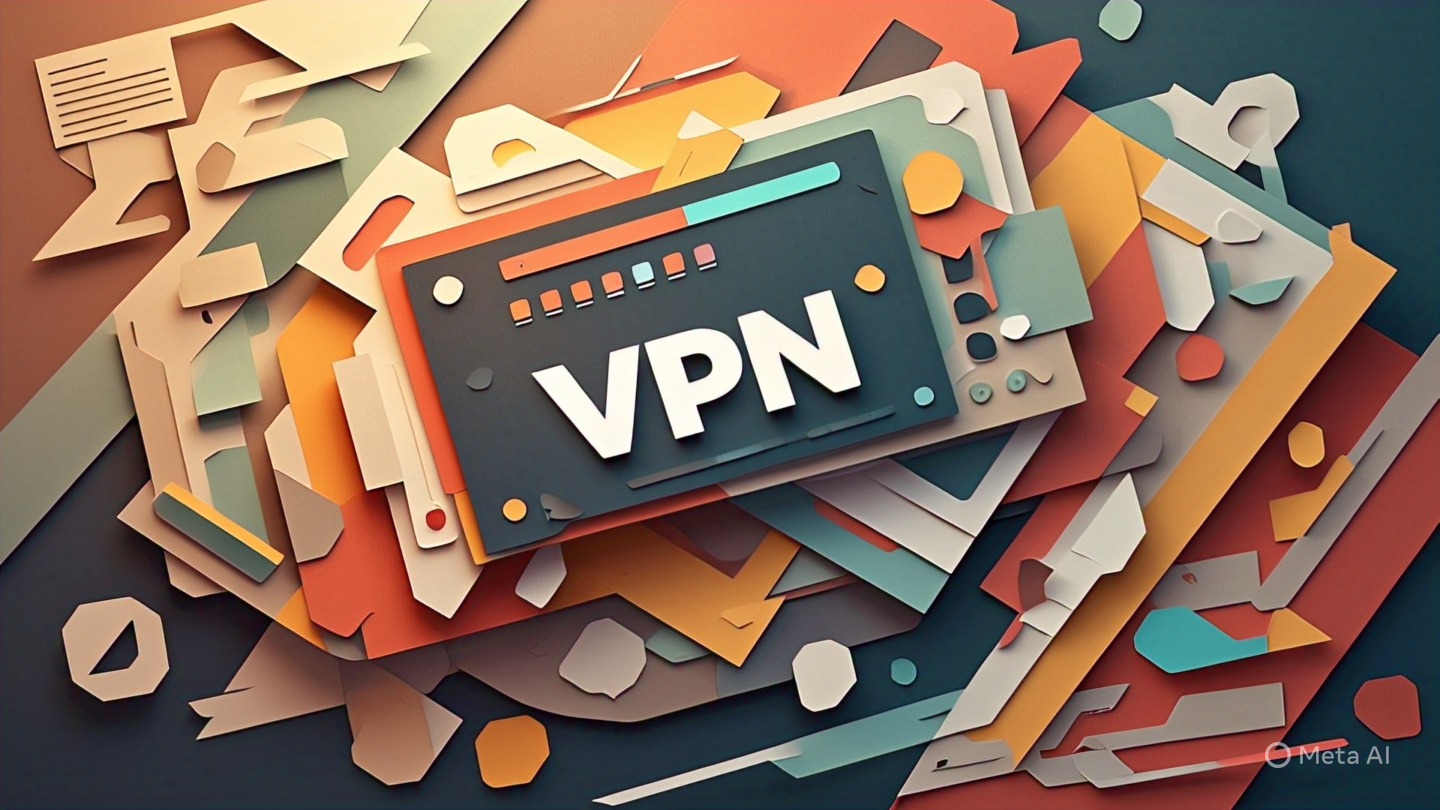
Exploring the Intersection of VPNs and Online Banking: A Safety Perspective
With the digital age in full swing, online banking has become a staple in our daily lives. As we navigate this virtual financial world, the question of safety often arises. One popular solution touted for its security benefits is the use of Virtual Private Networks (VPNs). But are VPNs truly safe for online banking? Let’s delve into the ins and outs of this intriguing topic.
Understanding VPNs
A Virtual Private Network (VPN) is a service that allows you to connect to the internet via an encrypted tunnel. This ensures that all data passing between your device and the VPN server is secure, preventing any third parties from viewing or intercepting your information.
VPNs are commonly used in scenarios where internet security is crucial, such as online banking, where sensitive data like account numbers and passwords are frequently transmitted.
VPNs and Online Banking: The Safety Aspect
In general, using a VPN for online banking can provide an extra layer of security, especially when accessing your bank account from a public Wi-Fi network. Here’s why:
- Encryption: VPNs encrypt your data, making it unreadable to anyone who might intercept it. This is particularly useful when banking online, as it keeps your financial information safe from prying eyes.
- Privacy protection: A VPN masks your IP address, making your online activity virtually untraceable. This can prevent potential hackers from targeting you.
- Secure connections: VPNs ensure that the connection between your device and the VPN server is secure, reducing the risk of data leaks.
Considerations When Using a VPN for Online Banking
While VPNs can enhance your online banking security, there are a few considerations to bear in mind:
Choose a Reputable VPN Provider
Not all VPNs are created equal. Some may not offer the level of security you need, while others may even be malicious. Therefore, it’s crucial to choose a reputable VPN provider. Look for one with strong encryption standards, a no-log policy, and positive user reviews.
Bank’s Policies on VPN Usage
Some banks may flag or block transactions conducted over a VPN as suspicious, due to the IP masking feature. To avoid this, check with your bank regarding their policies on VPN usage.
VPN Connection Drops
If your VPN connection drops while you’re in the middle of a transaction, your data could potentially become exposed. To prevent this, use a VPN with a kill switch feature, which automatically disconnects your device from the internet if the VPN connection fails.
Conclusion
In conclusion, using a VPN for online banking can greatly enhance your security, protecting your sensitive data from potential threats. However, the level of safety provided depends greatly on the VPN provider you choose and how you use the service. By taking into account the considerations mentioned above, you can enjoy the benefits of online banking with peace of mind, knowing your financial information is well-protected.